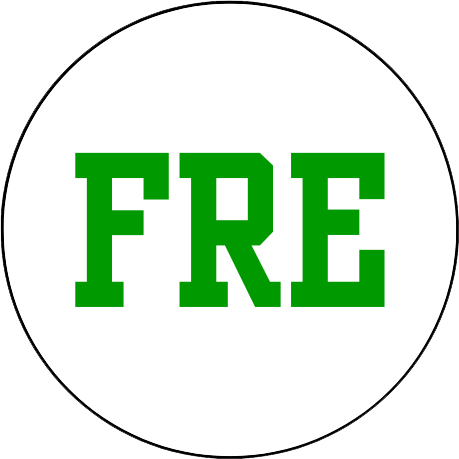Read to Achieve
The goal of the Read to Achieve program is to ensure that every student reads at grade level by the end of third grade.
How will Read to Achieve affect my child?
Upon entering Kindergarten, teachers begin assessing what your child already knows. They do this through STAR Early Literacy assessments (K-1), STAR Reading (2-3) and the Early Learning Inventory (ELI). Once they complete assessments, teachers develop an instructional plan for their students.
Each year a strong emphasis is placed on further developing reading skills. The ultimate goal is to have every student on grade level. Summer Reading Camp (SRC) is offered to some students based upon their test scores. If your child is eligible, you will receive an invitation letter from your teacher at the end of the year.
The greatest impact of RtA is felt in third grade. Students must demonstrate mastery on at least one of the approved assessments, Students are given multiple opportunities to demonstrate mastery throughout the year. Third-grade students who do not pass the Beginning of Grade (BOG), Reading EOG, or one of the state approved alternate tests will be invited to attend Reading Camp and to participate in retesting. Students, who participate in SRC retesting, may be placed in a fourth grade transition or accelerated reading class if they have not shown grade level mastery. The state requires those students who do not participate in SRC retesting to be retained in third grade.
What steps are being taken to ensure your 3rd-grader reads at grade level?
Your child’s teacher provides reading instruction throughout the year. We will share information about your child’s reading progress through report cards, conferences, and in the Home Connect letters (reports that provide information specific to your child’s reading skills). The Home Connect letter gives suggestions about activities that you can do at home to help. Read your child’s summary reports carefully and talk with your child’s teacher about his or her progress.
What if my child is struggling to read?
We will provide additional support if your child has difficulties with his or her reading. You are encouraged to attend parent conferences with your child’s teacher. Working together is the first step in helping your child read at grade level by the end of the year. Your child’s teacher can provide strategies your family can use at home to help your child further develop their reading skills.
How will we determine that your child is reading at grade level?
Kindergarten – third grade students are assessed using STAR Early Literacy and STAR Reading assessments throughout the year. These assessments indicate if your child is reading at the expected level to be considered proficient. Other assessment programs are used to help determine your child’s level and academic needs.
Third-grade students also take the NC Beginning of Grade reading assessment in September and the EOG reading assessment at the end of third grade. If they are proficient on either of these assessments, they are eligible to be promoted to the fourth grade. If they are not proficient on these reading assessments, do not qualify for a Good Cause Exemption, or pass an alternate assessment, your child may be promoted to fourth grade with a reading retention designation. Your teacher will inform you if your child meets one of these exemptions and of promotion/retention decisions.
Summer Reading Camp (SRC)
SRC is an opportunity open to K-3 students based upon their mClass assessment data. Students in Kindergarten-second grade, their child’s attendance is completely optional. If your child qualifies, you will receive an invitation letter at the end of the year.
Third-grade students who are not proficient by the end of the year will be invited to attend SRC in an effort to demonstrate mastery of third grade skills.
NC Reads and Repository
The Read to Achieve Parent Repository is a helpful tool which outlines the requirements and steps taken from Kindergarten through third grade to ensure all students can read on grade level by the end of third grade. There are also resources available to support parents through the first few years of reading instruction.
Kindergarten Early Learning Inventory (ELI)
What is Kindergarten Early Learning Inventory?
The NC Early Learning Inventory (NC ELI) is an observation-based formative assessment that supports teaching and learning by helping teachers, students, and families understand the learning needs of each child as they grow and develop.
Why do we have ELI?
The teacher intentionally collects evidence about what children say, do, make, or write (e.g., observations, work samples, parent input, activities) through the course of regular instruction. The focus is on five areas of learning and development:
Language & Literacy
Cognitive/Mathematic
Cognitive/Approaches to Learning
Social-Emotional
Physical
The teacher and student use the evidence collected through the formative assessment process to better understand where a child is developmentally in his or her learning. This helps the teacher and student make immediate and ongoing adjustments to instruction and learning.
When is the ELI completed?
Kindergarten teachers begin collecting activities for ELI early in the Kindergarten school year and will continue collect work samples throughout the first semester.
NC Reads
To access information about the NC Reads Program click here. This site has reading tips, news, and information about literacy programs.
